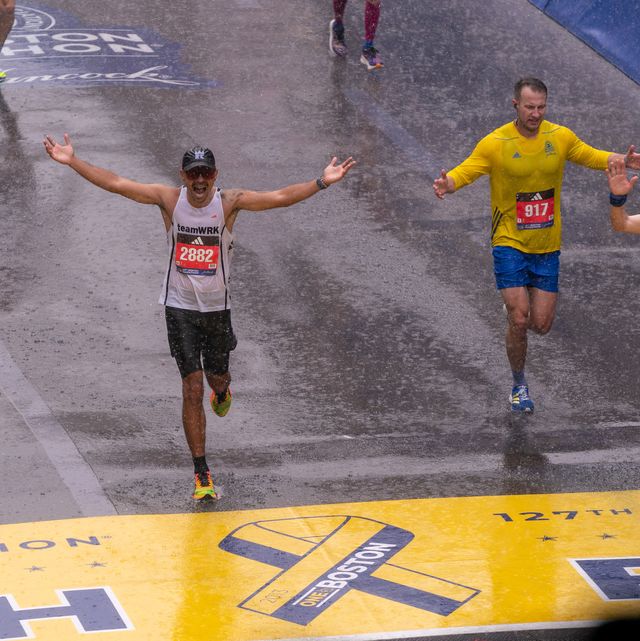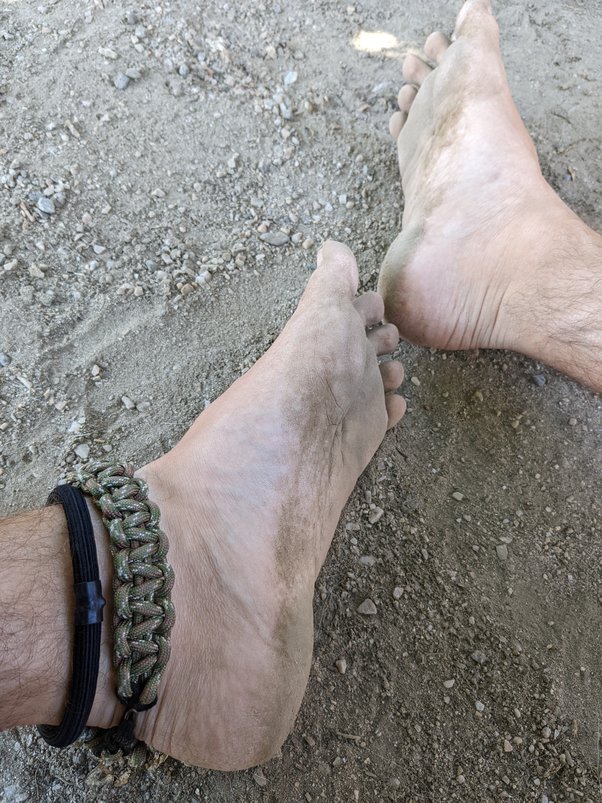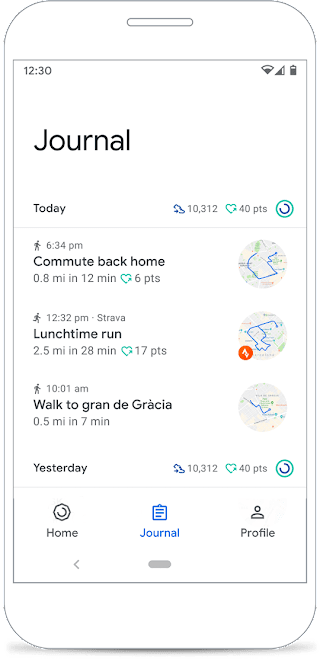How Many Hours Will It Take to Walk a Marathon? : Mastering Your Marathon Walking Pace
It typically takes around 6-8 hours to walk a marathon, which is 26.2 miles. Walking a marathon can vary depending on individual speed and terrain.
Walking a marathon distance can be a rewarding physical challenge that requires proper preparation and endurance. Whether you are a seasoned walker or looking to complete your first marathon, the time it takes to walk a marathon should be factored into your training plan.
We will explore the average time it takes to walk a marathon, factors that can affect your walking pace, and tips for successfully completing a marathon on foot.
Credit: www.quora.com
Factors Affecting Marathon Walking Pace
Factors such as age, fitness level, terrain, and weather conditions influence the time it takes to walk a marathon. These variables affect the walking pace and can determine the number of hours it will take to complete the race.
Factors Affecting Marathon Walking Pace When it comes to completing a marathon by walking, there are several factors that can determine how many hours it will take. It’s essential to understand these factors to estimate and plan your walking pace effectively. Let’s explore some key elements that can influence the time it takes to walk a marathon.Physical Fitness Level
One of the most crucial factors affecting your marathon walking pace is your physical fitness level. The better shape you are in, the faster you will be able to complete the marathon. Regular exercise, including walking and other cardiovascular activities, can significantly enhance your endurance and overall fitness. This allows you to walk at a brisk pace for an extended period without feeling exhausted.Terrain And Elevation
The terrain and elevation of the marathon route can also impact your walking pace. Running a marathon on a flat surface is generally faster than dealing with hills and inclines. Walking uphill requires more effort and can slow down your pace considerably. On the other hand, walking downhill allows for a faster pace due to the assistance of gravity. Understanding the course’s elevation profile can help you gauge how it will affect your overall marathon time.Weather Conditions
Weather conditions play a crucial role in marathon walking pace. Walking a marathon in extreme heat or cold can significantly impact your performance and slow you down. High temperatures can cause fatigue and dehydration, while cold temperatures can affect muscle function and slow movement. Additionally, factors like wind and humidity can also affect your comfort and walking speed. It’s important to consider the weather forecast and make necessary adjustments to your pace and hydration strategy accordingly. To summarize, factors such as physical fitness level, terrain and elevation, and weather conditions can all influence the time it takes to walk a marathon. By understanding and taking these factors into account, you can plan your pace effectively and enhance your overall marathon experience. Remember, proper training and preparation are key to achieving your walking goals and making the most out of your marathon journey.
Credit: www.on.com
Determining Your Marathon Walking Pace
Calculating Your Average Walking Speed
To determine your average walking speed for a marathon, divide the total distance in miles by the number of hours you plan to finish the race.
Training And Practice
Incorporate regular walking sessions into your training plan to improve your endurance and pace for the marathon.
Monitoring And Adjusting
Monitor your progress during training walks to assess your speed and stamina, making necessary adjustments to reach your pace goals.
Tips For Mastering Your Marathon Walking Pace
If you’re planning to walk a marathon, mastering your walking pace is essential to ensure you finish the distance comfortably. Your marathon walking pace will depend on various factors such as your training schedule, endurance, and walking form. Here are some useful tips to help you master your marathon walking pace:
Consistent Training Schedule
Start by establishing a consistent training schedule that includes regular long walks to build up your stamina and endurance. Gradually increase the duration and intensity of your walks to prepare your body for the marathon distance.
Improving Endurance
Focus on improving your endurance by incorporating longer walks into your training regimen. This will help your body adapt to the continuous movement required for walking a marathon. Additionally, include strength training exercises to build muscular endurance, which is crucial for maintaining a steady pace throughout the race.
Interval Training Techniques
Utilize interval training techniques to enhance your overall walking speed and stamina. Incorporating intervals of brisk walking and recovery periods into your training can help improve your cardiovascular fitness, enabling you to sustain a consistent pace over the marathon distance.
Optimal Marathon Walking Form
Pay attention to your walking form to maximize efficiency and minimize fatigue. Ensure that your posture is upright, and your strides are comfortable and natural. Walk with purpose and focus on maintaining a steady rhythm to conserve energy and maintain a consistent pace.
Benefits Of Mastering Your Marathon Walking Pace
Walking a marathon is an incredible achievement that requires dedication, commitment, and careful planning. One essential aspect of marathon walking is mastering your pace. By understanding and controlling your walking speed, you can benefit in numerous ways, including avoiding overexertion and injury, efficient energy consumption, enhanced enjoyment of the race, and achieving your target time goals.
Avoiding Overexertion And Injury
When walking a marathon, overexertion can lead to fatigue, muscle cramps, and potential injuries. By harnessing control over your walking pace, you have the ability to avoid exerting yourself beyond your limit. Maintaining a consistent and comfortable pace ensures that you conserve energy, reduce the risk of muscle strain, and decrease the chances of encountering injuries during the race.
Efficient Energy Consumption
Walking at a steady pace helps you consume energy more efficiently throughout the marathon. By maintaining a consistent speed and rhythm, you optimize your body’s energy utilization, ensuring you have enough stamina to complete the entire race. In contrast, walking too fast at the beginning may result in burning out prematurely, while walking too slow may lead to sluggishness and fatigue. Therefore, mastering your marathon walking pace is vital in achieving optimal energy consumption.
Enhanced Enjoyment Of The Race
Walking a marathon should be an enjoyable and memorable experience. By finding your optimal pace, you can focus on the sights and sounds of the race, interact with fellow participants, and savor the sense of accomplishment as you steadily progress towards the finish line. Walking at a pace that feels comfortable for you will enhance your overall enjoyment of the marathon, enabling you to fully immerse yourself in the atmosphere and take in the surroundings.
Achieving Target Time Goals
Setting target time goals is a common practice among marathon walkers. Whether you aim to complete the race within a specific time frame or beat your personal best, mastering your walking pace is crucial for attaining these goals. By understanding the speed at which you can maintain consistency and endurance, you can strategize and plan your progress throughout the race accordingly. This allows you to have better control over your time and increases the likelihood of achieving the targets you have set for yourself.

Credit: www.runnersworld.com
Frequently Asked Questions Of How Many Hours Will It Take To Walk A Marathon?
How Many Minutes Does It Take To Walk A Marathon?
It takes around 6 to 8 hours to walk a marathon, which is typically 26. 2 miles long.
How Fast To Walk A Marathon In 6 Hours?
The average walking pace for a marathon is about 3 miles per hour. To finish a marathon in 6 hours, you need to maintain a pace of around 20 minutes per mile.
How Do I Train To Walk A Marathon?
To train for a marathon, start with a walking schedule and gradually increase distance and pace. Incorporate strength and flexibility exercises. Stay consistent, listen to your body, and rest when needed. Proper nutrition and hydration are crucial for endurance. Lastly, consult a trainer for personalized guidance.
How Do You Walk A 5 Hour Marathon?
To walk a 5-hour marathon, maintain a steady pace, stay hydrated, and dress comfortably. Train consistently, focus on endurance, and listen to your body for rest breaks when needed.
Conclusion
Walking a marathon requires dedication and preparation. The time it takes varies based on individual pace. Training is key to finishing strong. Remember, it’s about the journey, not just the destination. Stay committed and enjoy the process towards achieving your walking goals.
Keep moving forward!





